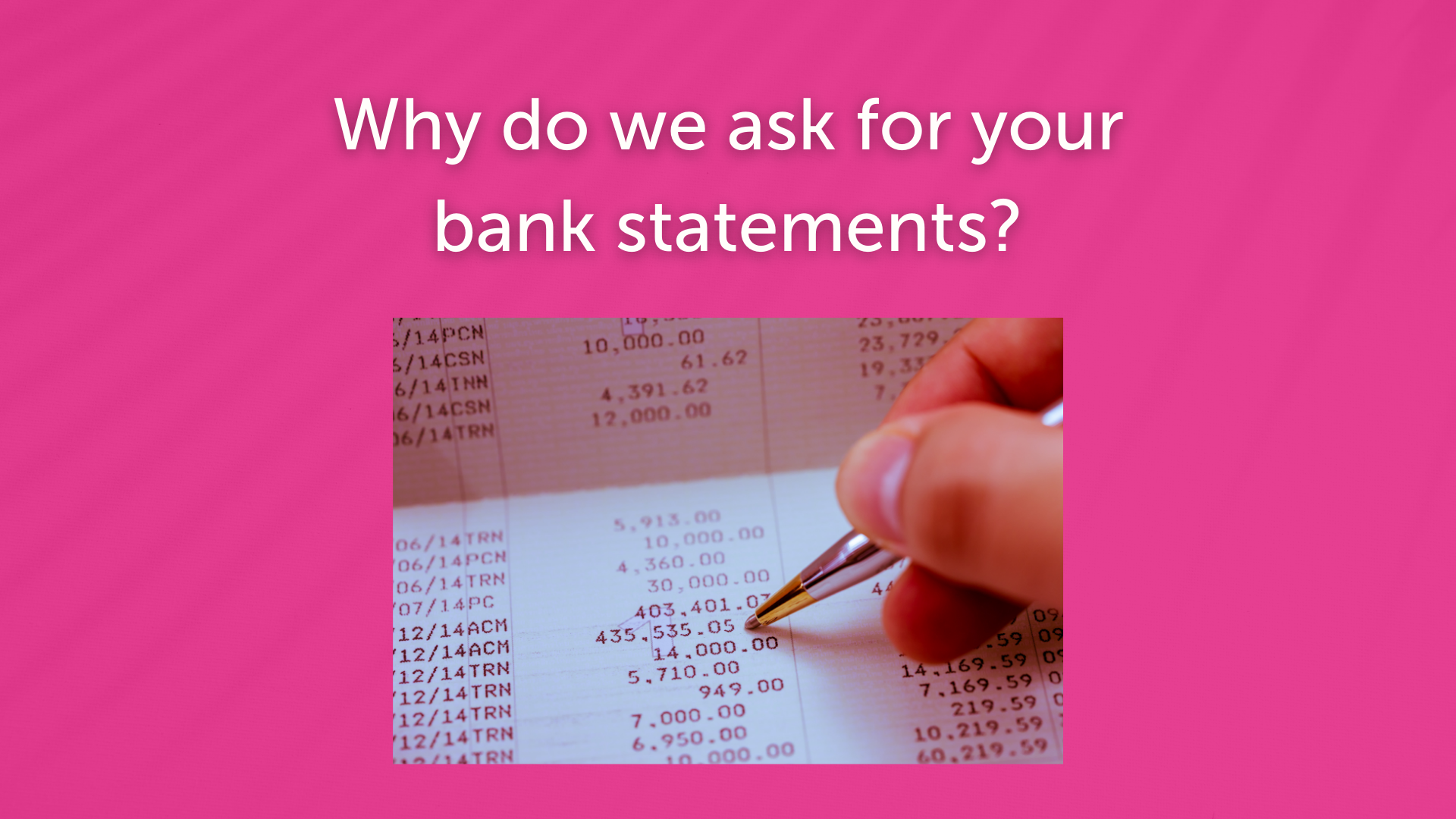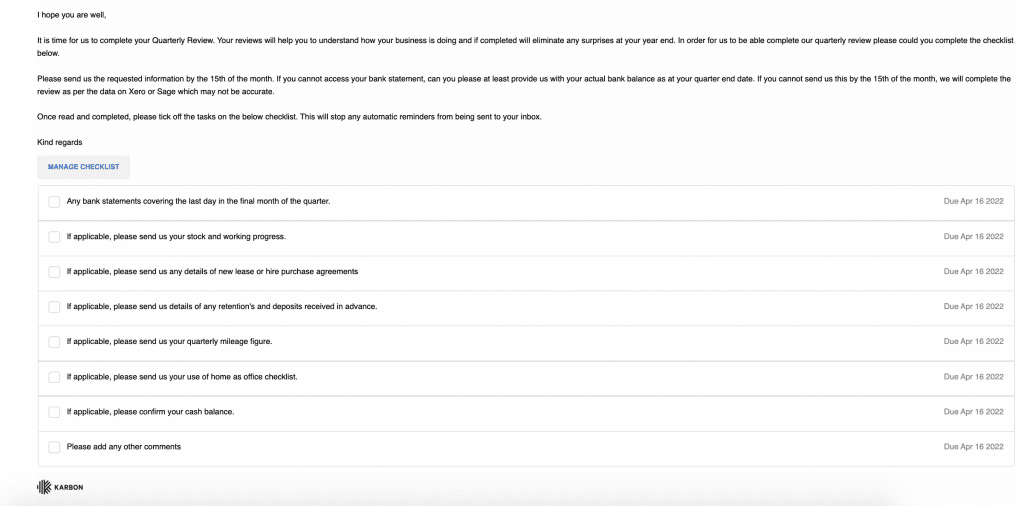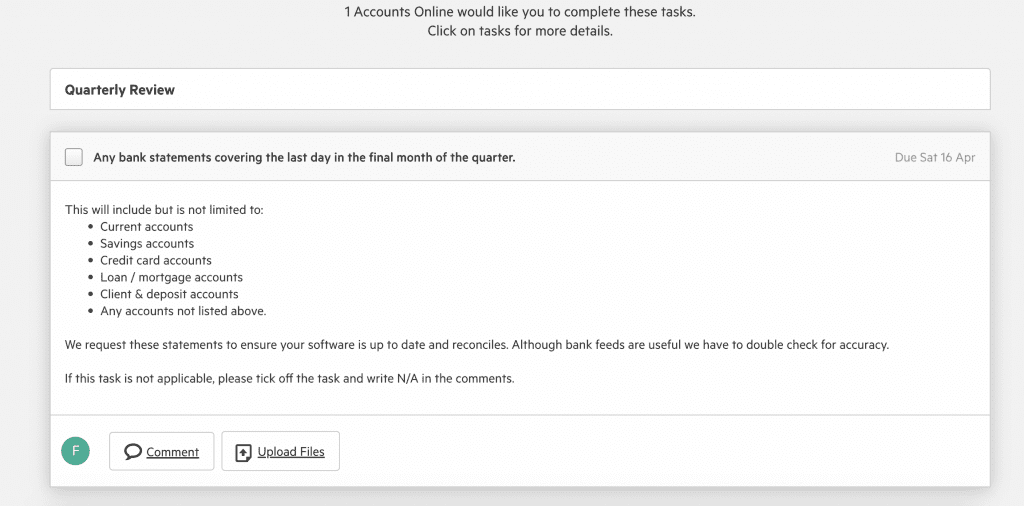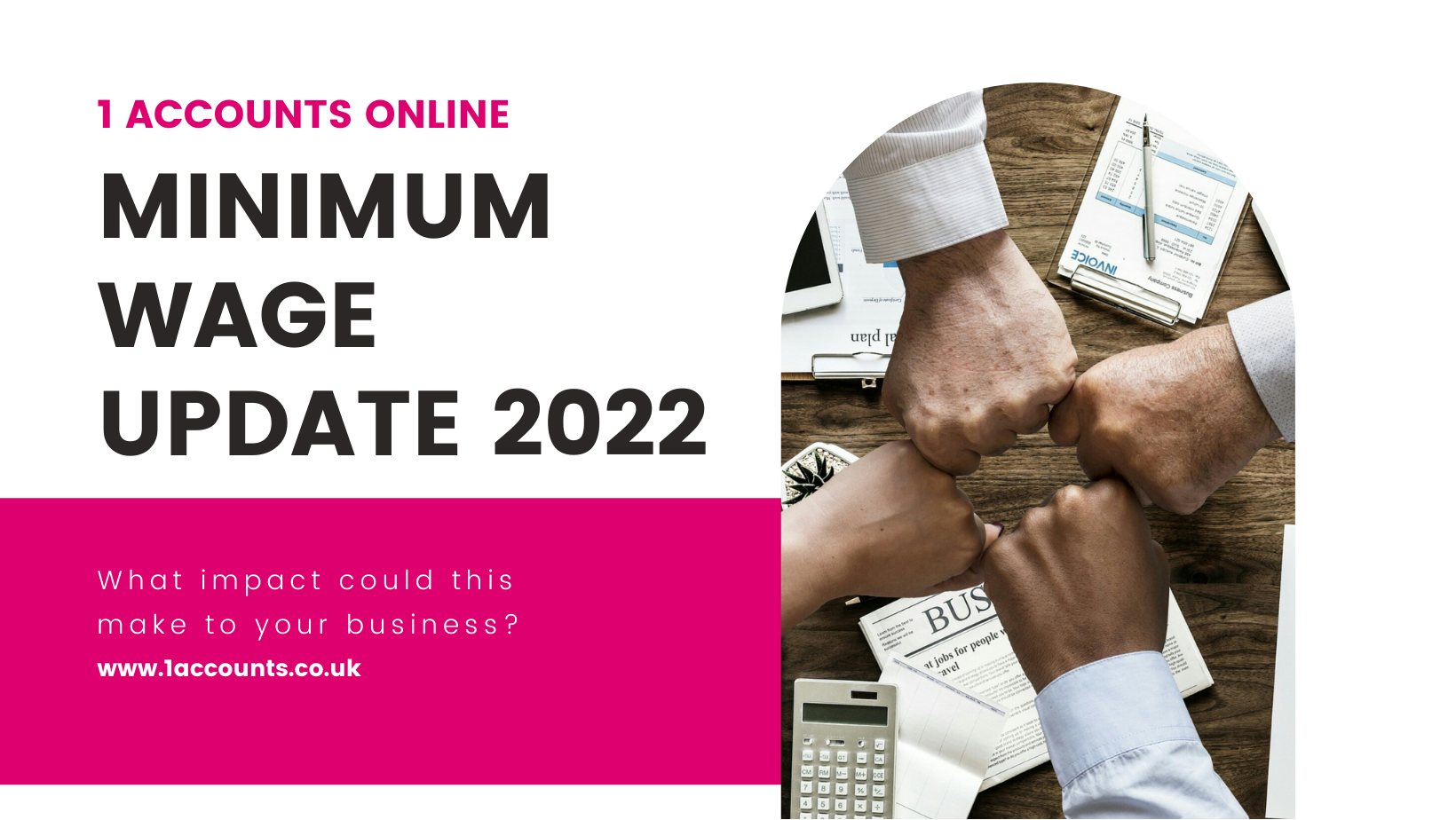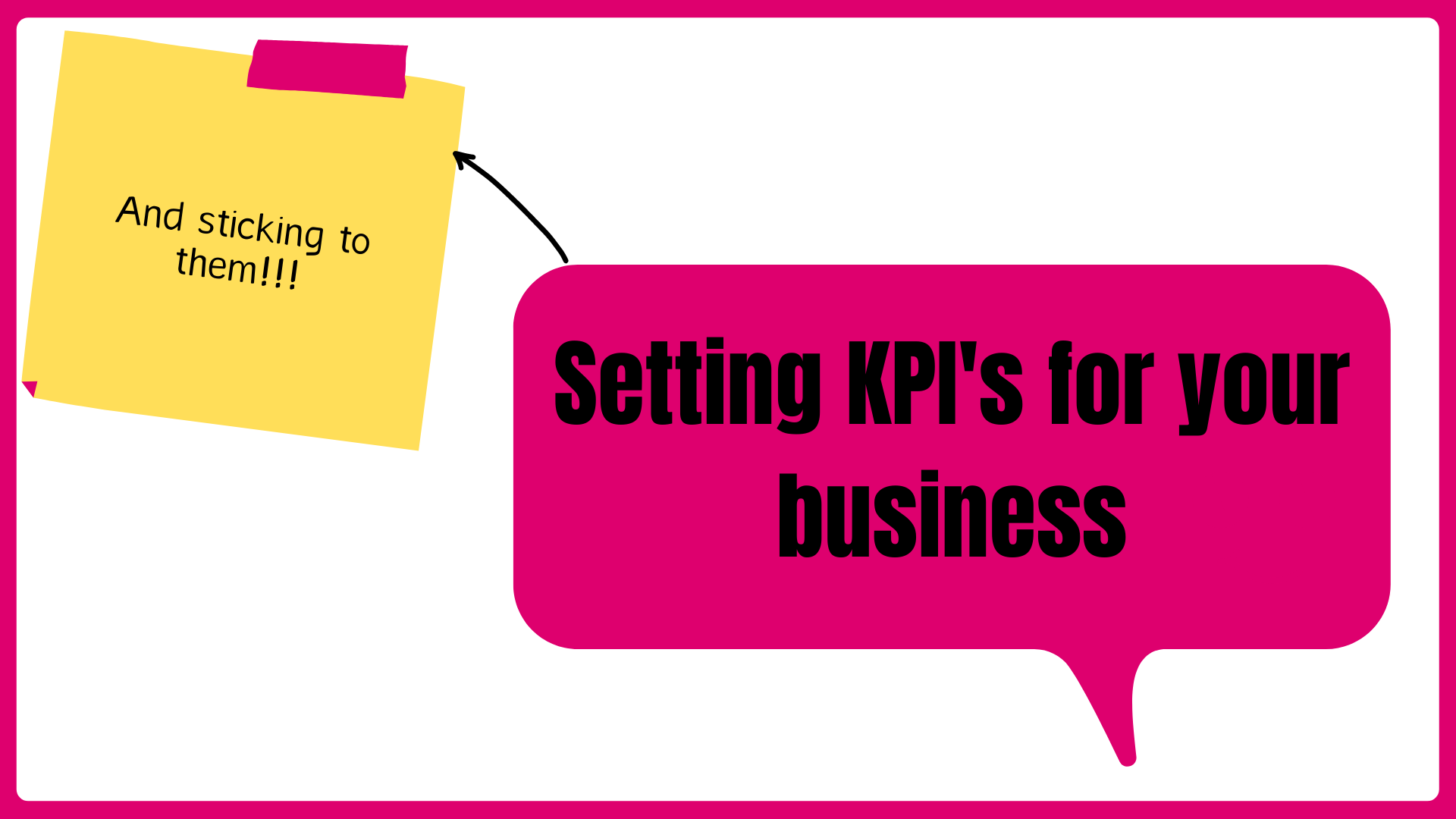Have you been thinking about switching to a limited company because of the upcoming changes due to Making Tax Digital? Has anyone told you that you could be paying less tax as the owner of a limited company instead? We will take you through what the differences are and ultimately help you make the right decision for you & your business.
Regardless of whether you stay a sole trader or become a limited company, if you make a profit in your business then you will have to pay some level of tax. Changing your company structure may change how you pay tax and may be beneficial for some, however there are other factors to consider as well as tax.
What is the difference between a sole trader and a limited company?
If you are a sole trader, then HMRC and the law view you & your business as the same thing. This doesn’t stop you from hiring staff or taking on premises, but what it does do is mean that you are personally liable for any losses or debts that your business makes. The good news is that as a sole trader you can keep all your business profits! Just remember that these business profits will then be taxed as part of your personal income.
A limited company however is a separate legal entity. It will have its own finances and legal reporting requirements, and Its finances must be kept separate from the business owner’s personal finances. As your limited company is a separate legal entity this means that as the director of your limited company you will have limited liability on any losses or debts incurred by the business. However, it is important to point out that if your company takes on any borrowing then the lender may place a personal guarantee on the directors of the business. In other words, if the business is unable to pay back the loan then the directors will be personally liable to pay back the loan.
What are the advantages to being a sole trader vs a limited company?
Setting up as a sole trader is comparatively straight forward. You simply need to register with HMRC for income tax and national insurance to receive your Unique Taxpayer Reference (UTR) number and you can start your business straight away.
There is also relatively little paperwork or administration, although the changes being brought in by Making Tax Digital mean that sole traders will have a legal obligation to keep their accounting records digitally up to date. You will no longer be able to only keep paper records and hand your receipts to your accountant once a year. This makes it easier to understand your finances, your profitability, and how much tax you are likely to pay, and see it in real time. As there is less administration and filing responsibilities, it also means a smaller accountants bill compared to a limited company!
One of the little realised advantages of trading as a sole trader is your financial affairs are very private. They are between you, your accountant and HMRC. There is no requirement, such as with limited companies, to put your annual accounts into the public domain on Companies House.
In your first period of account, if you are likely to make a taxable loss this can be relieved against profit from the past, even if this is from a prior employment, whereas in a limited company this can only be carried forward until a profit is made.
And finally, as a sole trader you are in complete control of your business affairs. You don’t need to consult any shareholders or partners to make decisions.
What are the disadvantages of being a sole trader vs a limited company?
Banks and other investors tend to prefer working with limited companies. This means it can be harder to raise finance as a sole trader. Whilst it is still possible to grow without external funding it can be much slower. After all, most businesses need to buy some equipment, vehicles, stock, or tools to be able to start trading.
It’s not just banks and investors who can look down on sole traders. Many businesses and customers prefer to work with a limited company vs a sole trader as they believe, whether rightly or wrongly, that they will have more protection with a limited company. However most ‘Business to Consumer’ sole traders are unlikely to have this problem with credibility. For example, a householder is rarely concerned whether a plumber is a sole trader or a limited company, they just want a good job done.
Historically the tax rates on sole traders have been more punitive than owners of limited companies. However, over the last 5 years or so this tax gap has reduced significantly with the dividend tax relief being slashed. Currently sole traders pay 20-45% income tax, whereas limited companies pay from 19% corporation tax. However, directors of limited companies must still pay personal income tax between 20-45% on any income from the business via payroll. Dividends from the business are also taxed.
As a sole trader you cannot protect your business name. Anyone can decide to use your business name. This is not the same with a limited company.
What are the advantages of being a limited company vs a sole trader?
The biggest benefit of incorporating and becoming a limited company is the limited liability and the business being legally entirely separate from the people who own it. This means that your personal assets will be secure should your company get into debt or other trouble.
A limited company can also be more attractive to work with – depending on your clients. You can appear to have more credibility and trust as a limited company over being a sole trader and depending on your industry this could make a difference in who decides to work with you.
Another benefit is that you are more able to control your income as a limited company director. By splitting your income between salary and dividends you may be able to reduce your tax bill. Dividends are taxed at a lower rate than income and the first £2000 is tax free.
While you pay corporation tax on all the profit, there is no getting away from paying tax, it is possible to accumulate wealth within the company if you do not need to extract it all and save tax that would be assessable on you if you were a sole trade.
What are the disadvantages of being a limited company vs a sole trader?
Limited companies are more complex to set up and run. There is far more paperwork and administration involved with a limited company. For example:
- Confirmation Statement with Companies’ House
- Filing company year-end accounts
- Corporation tax return
- Registering with companies house
- Legal documentation such as articles of incorporation, shareholder agreements
- Minutes of board meetings and preparation of dividend vouchers
Therefore, having a limited company means it is really advisable to pay for an accountant.
Directors of limited companies still need to:
- File a personal tax return (which will eventually come under the Making Tax Digital regime)
- Pay personal income tax
Why change from being a sole trader to a limited company?
When people start in business they often start as a sole trader. After all it is easy to set up and often has less administration or accountancy fees involved than a limited company. There often comes a time when it makes sense to switch over; either because of a desire to involve others in your business in a decision making capacity or pay less tax or become more attractive to potential clients or investors. In fact, when your sole trader profits (not just income) reach £30k it is worth considering changing to a limited company to reduce your tax liability.
Everyone’s circumstances are different and before you decide to make the change do take advice from your accountant. You may find that you are better off remaining as a sole trader.
If you would like more information or advice on whether you should remain a sole trader or become a limited company please get in touch now.




